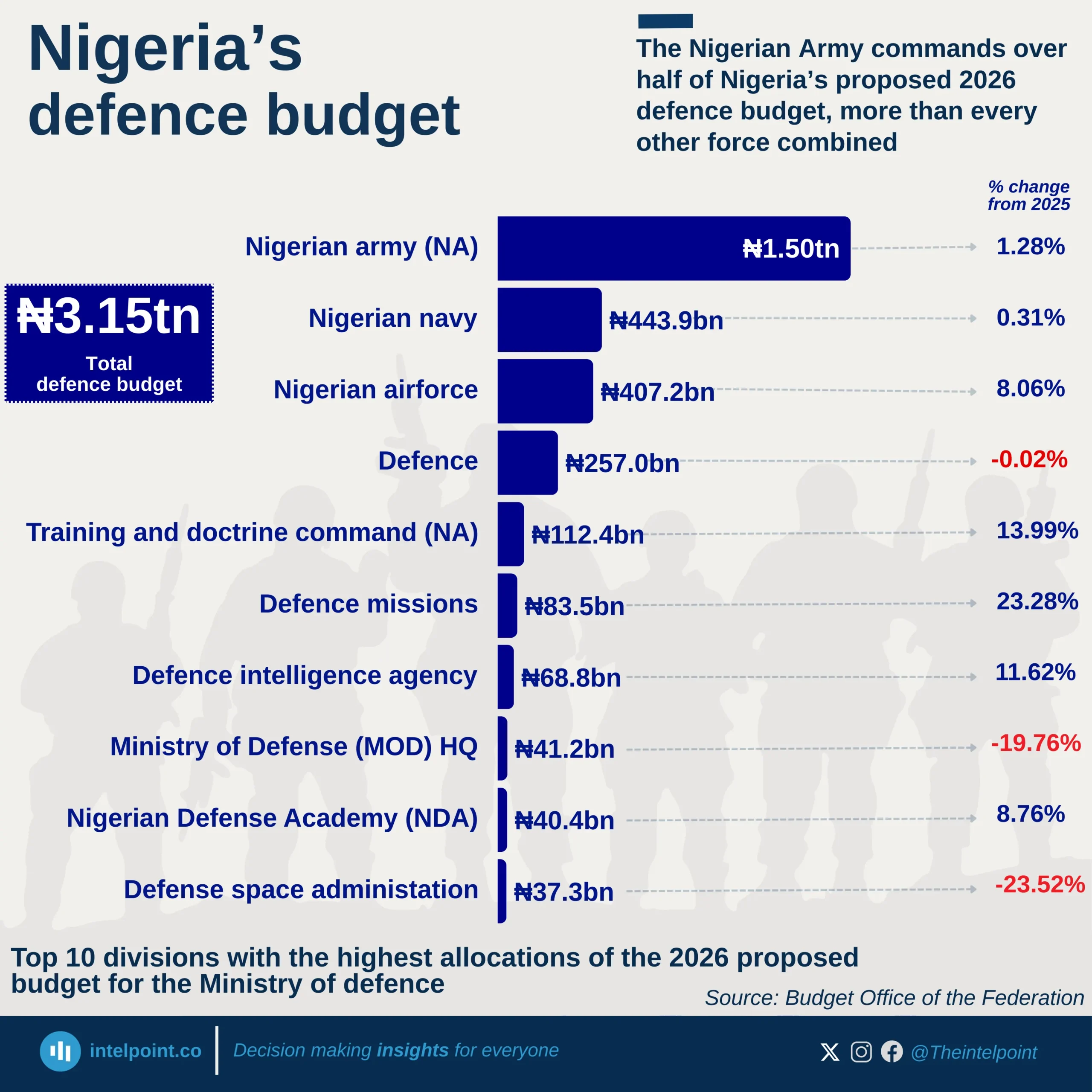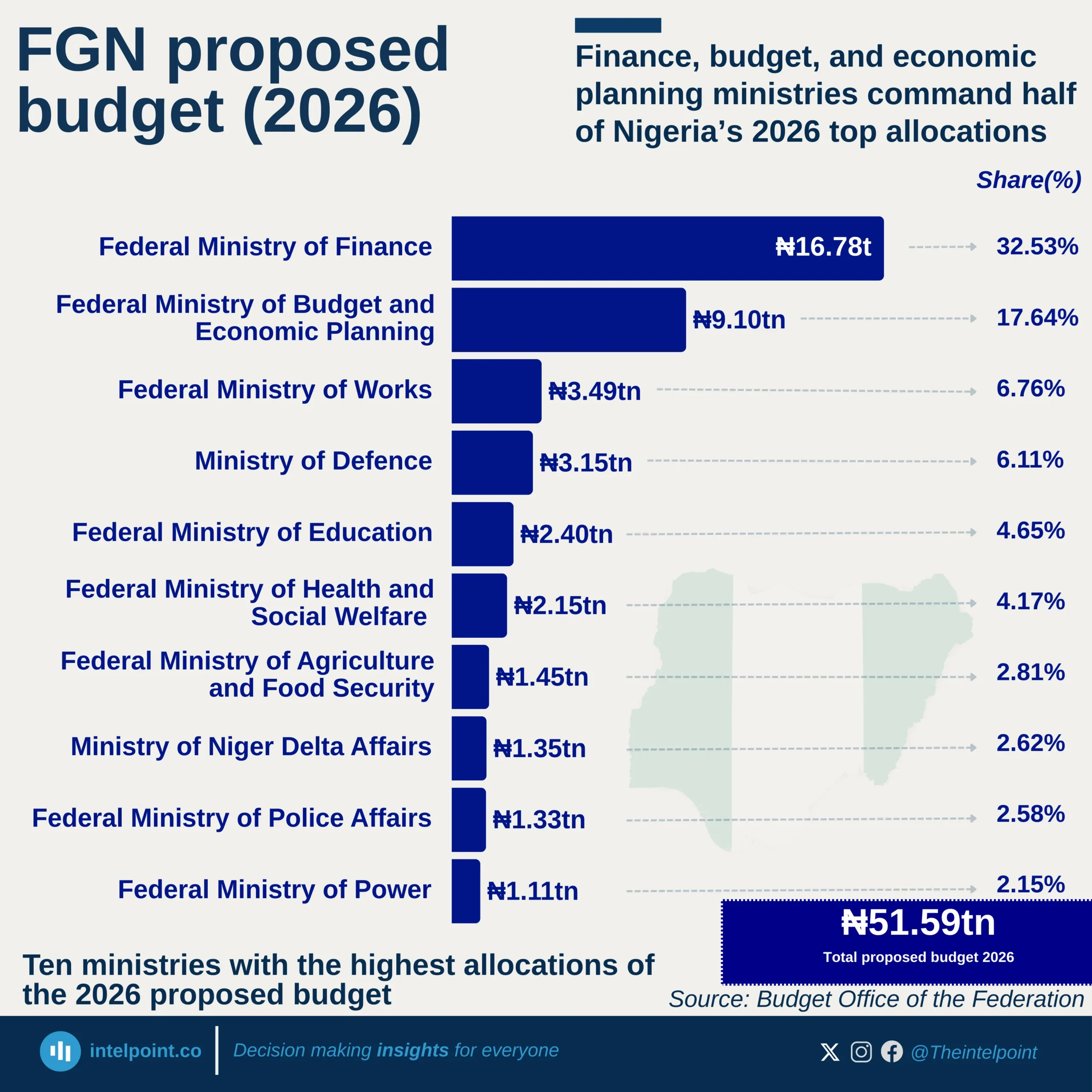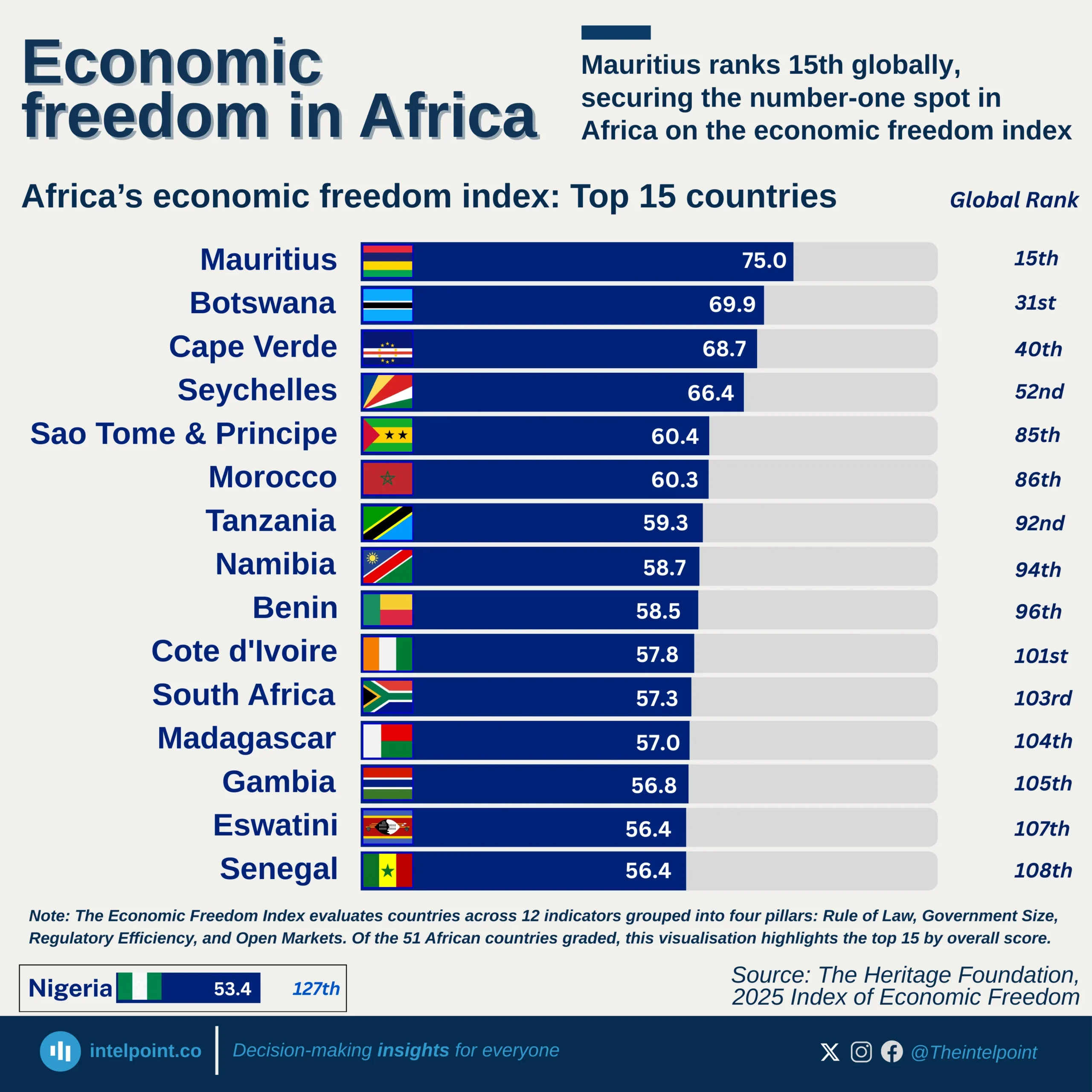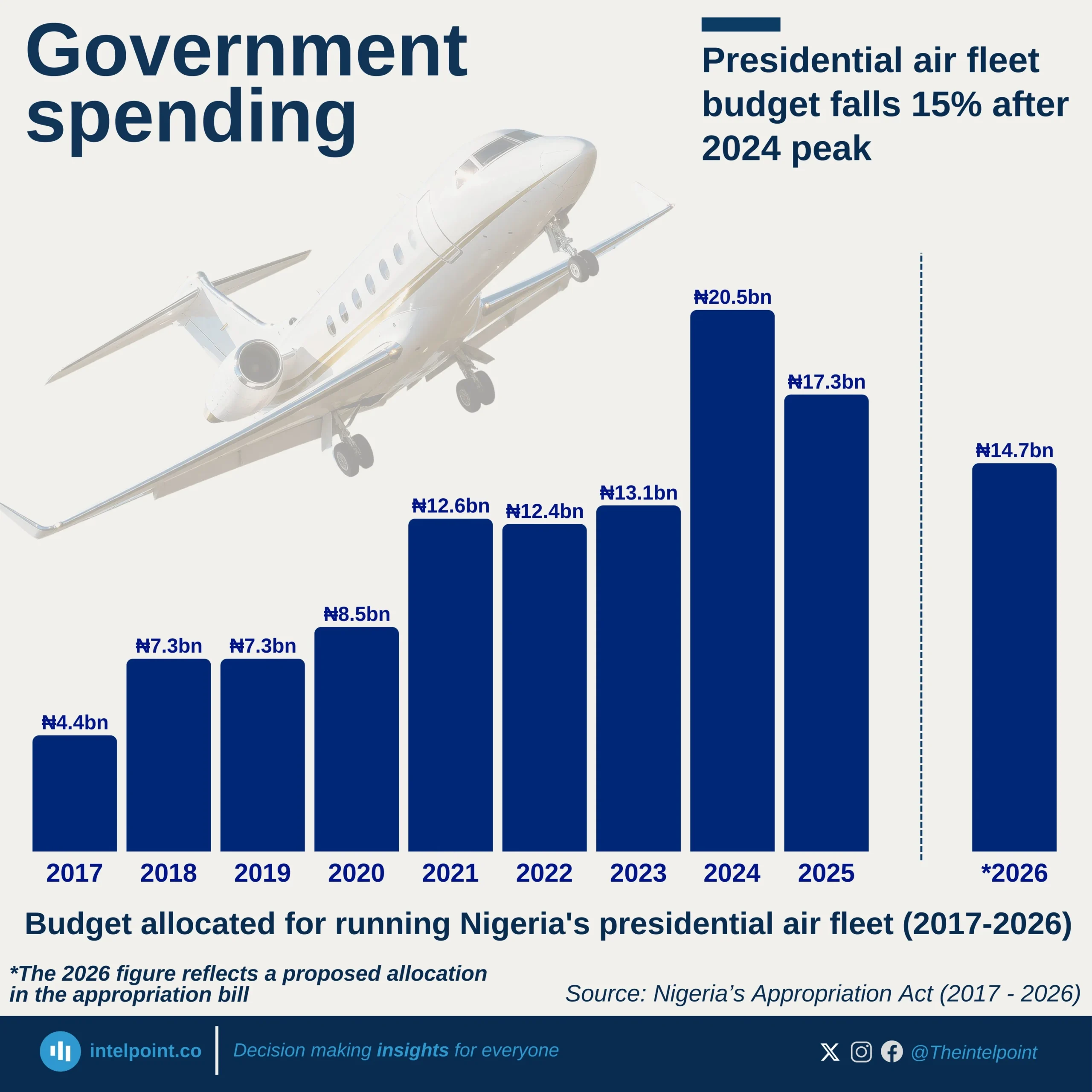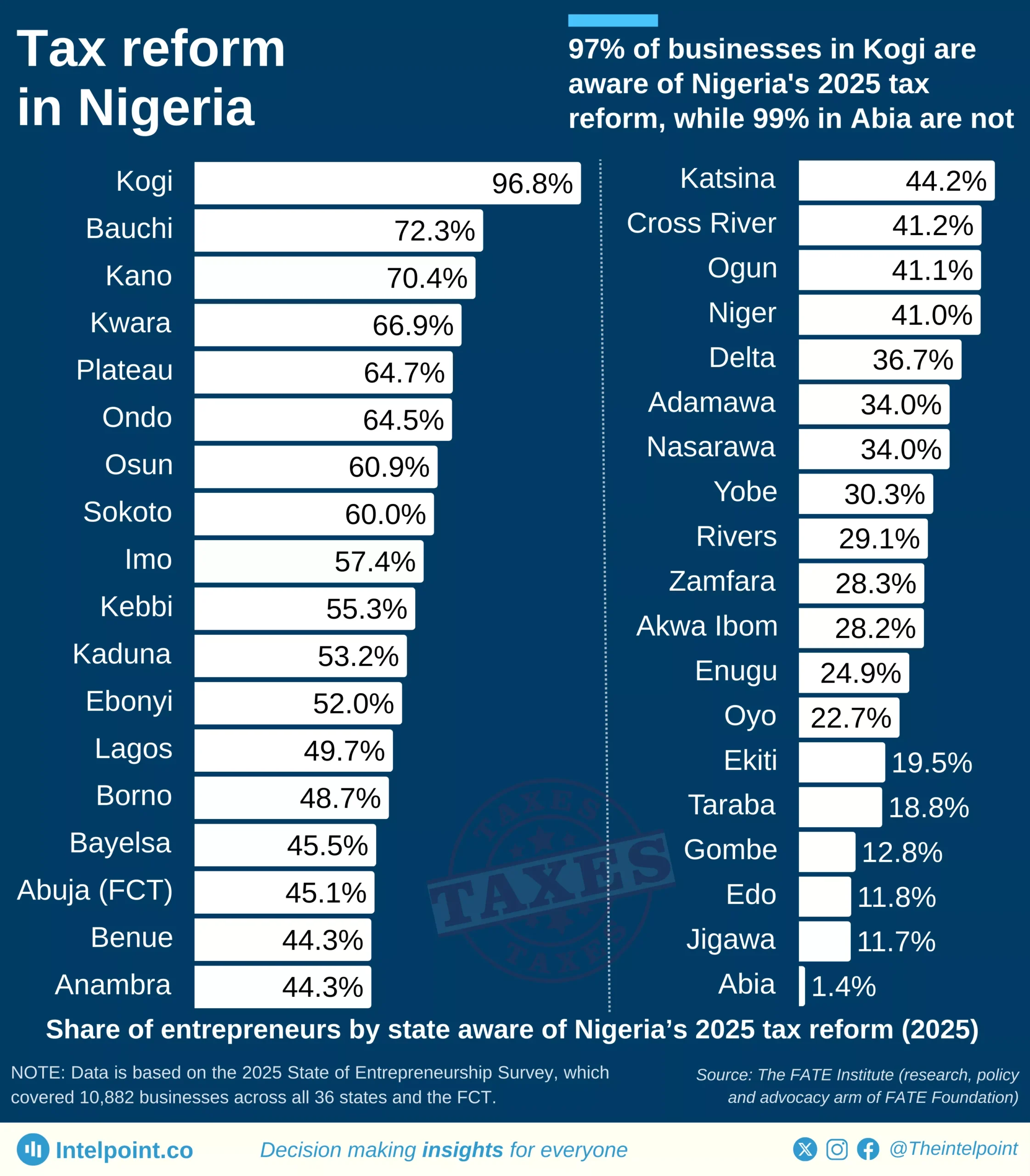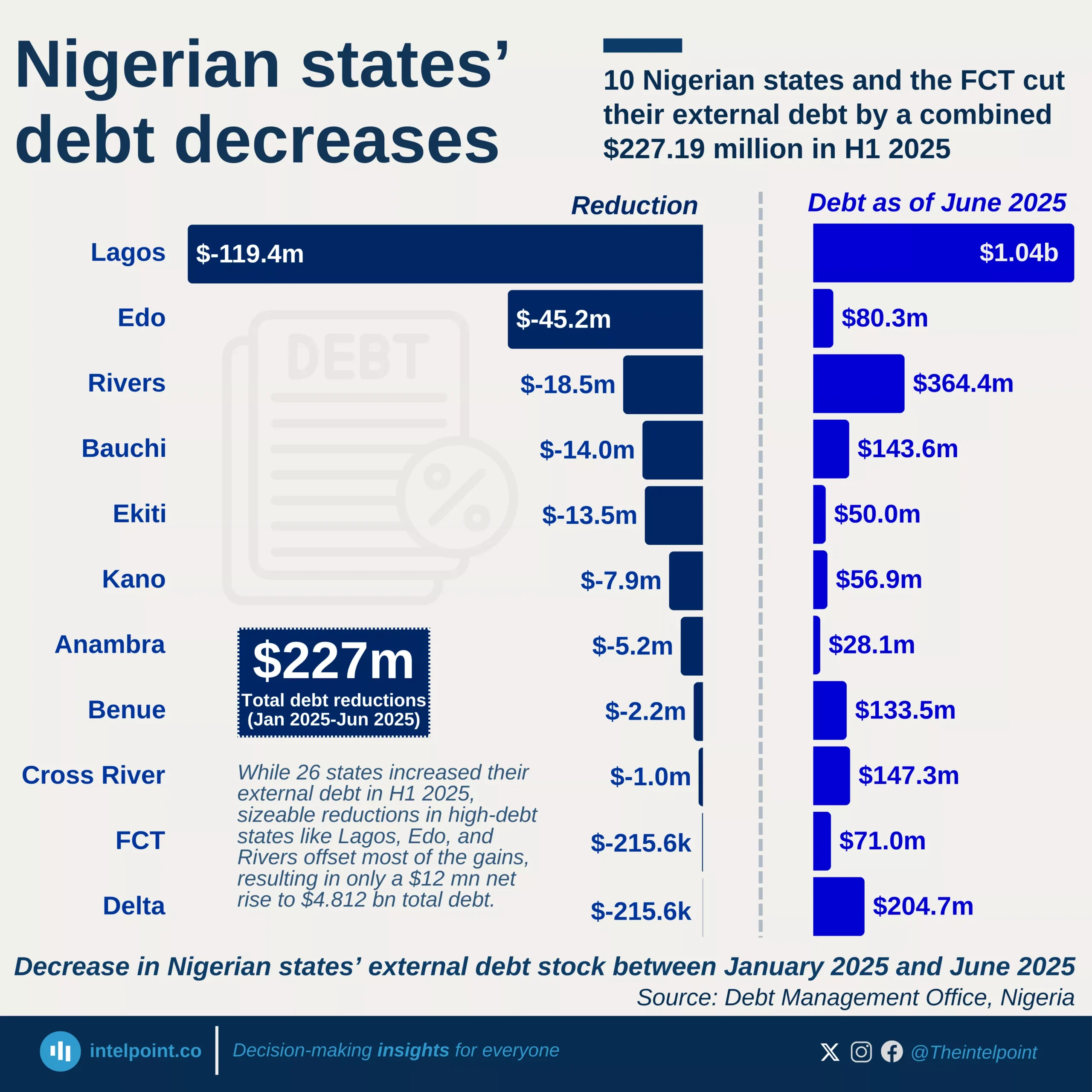Morocco has positioned itself as a giant in the digital services trade in Africa with the remarkable growth in its digital services trade over the past two decades, recording a staggering $61.75 billion in exports and $35.31 billion in imports, resulting in a $26.44 billion trade surplus.
Between 2005 and 2024, Morocco's digital exports have consistently outpaced imports, showcasing a thriving digital economy. Digital services export earnings have experienced an exceptional surge, growing from $1.11 billion in 2005 to an estimated $6.74 billion in 2024. This growth represents an impressive increase of over 500% over the past 20 years. Conversely, Morocco's digital imports have also risen substantially, reaching $3.17 billion in 2025 from a modest $780 million in 2005.
The consistent upward trajectory in Morocco’s digital services trade highlights the country's growing prominence in the global digital economy. The nation's export success reflects both its expanding tech sector and its increasing competitiveness in international markets. With a projected continued growth in the digital services industry, Morocco is set to further cement its position as a key player in the global digital trade landscape.
